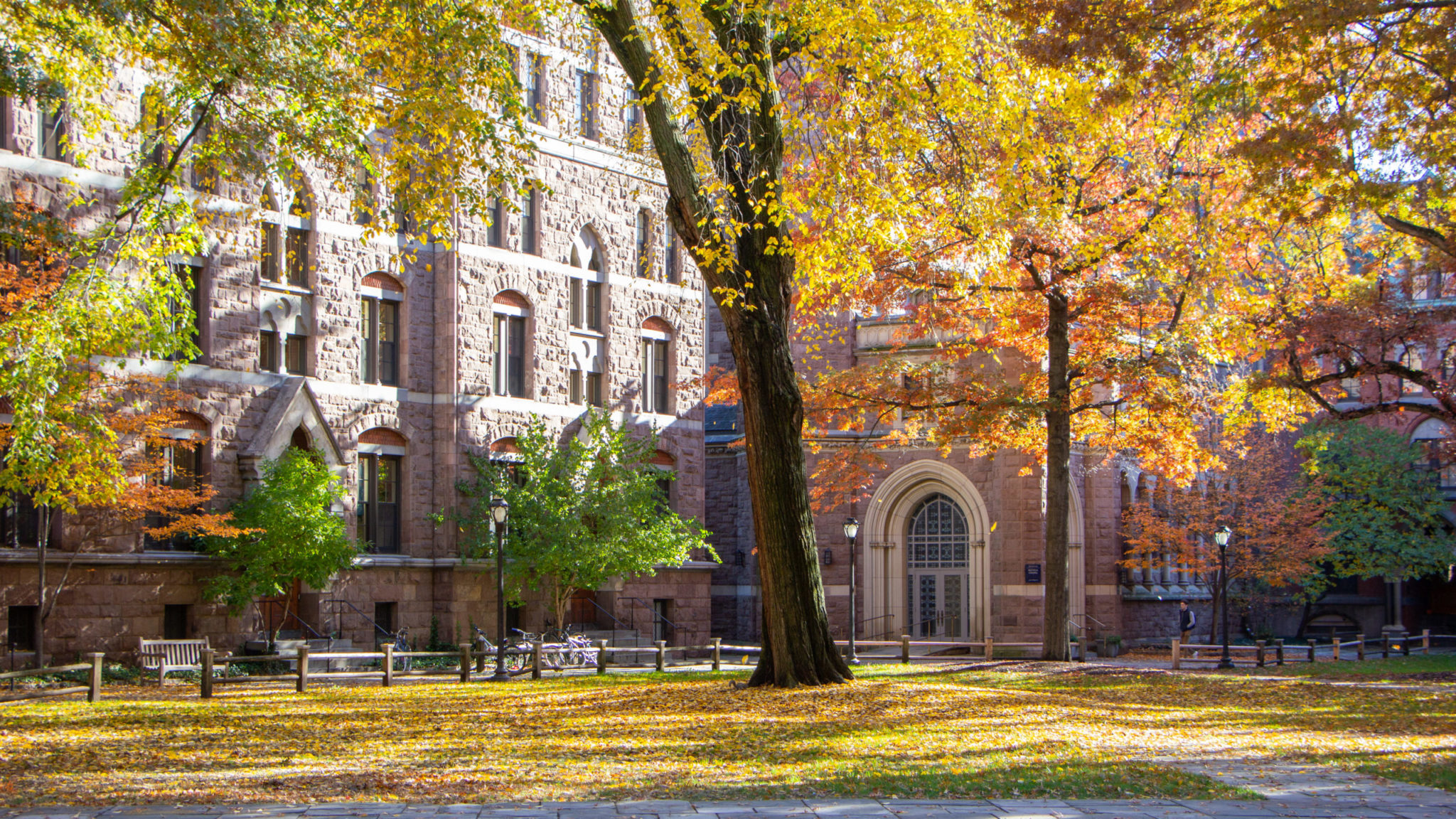Administrators weigh options for a “new normal” fall term, predict all students will return to campus

Logan Thomas, Senior Photographer
Yale administrators are drawing up multiple contingency plans for the fall 2021 semester as they begin to look past a year thrown in flux by the coronavirus pandemic.
Vice Provost for Academic Initiatives Pericles Lewis has begun planning an array of fall term options for University President Peter Salovey to choose between. On the agenda are questions of housing density, in-person classes, athletics and extracurriculars. Though the plans are still in early stages, Lewis predicts that the semester may come close to normal — with the likely return of all students to campus, depending on the trajectory of the pandemic. He plans to solicit feedback from the public health advisory committee in March, and the decisions will likely come in April.
“Next year will be somewhere between 10 and 90 percent normal,” said Tamar Gendler, dean of the faculty of Arts and Sciences. “Not exactly like it was pre-COVID, [but] as much as we possibly can do to bring things back to a state of in-person interaction, co-presence in classrooms, working together in physical spaces.”
Two questions hinder current planning: When will vaccines be widely available and what role will the more transmissible variants play?
When the University was deciding whether to bring students back in fall 2021, administrators charted out three scenarios for Salovey to decide between. One of the options was entirely online.
In the most optimistic of Lewis’ scenarios, everyone in the Yale community will be vaccinated and there will be herd immunity come fall. In the worst case scenario, the vaccine does not work against some of the new coronavirus variants, and the new strains become dominant in the state. The most likely option lies somewhere in the middle, Lewis said. He expects a good portion of the community will be vaccinated, but not everyone; There is also the risk that the virus will still transmit despite vaccinations or that the pandemic will get worse in cold weather.
As of now it seems that all students will be allowed to return to campus in the fall, Lewis said. The University’s public health experts, Salovey and University Provost Scott Strobel will need to confirm the tentative plans.
Dean of Yale College Marvin Chun told the News that juniors and seniors will still have the option to live either on or off campus next fall. He hopes not to force students off campus, and might estimate demand by surveying undergraduates on where they hope to live. Currently, administrators are planning as though students can live in doubles by next fall. However, if the health situation still requires students to live in singles in the fall, Yale is looking at procuring additional housing options for students around New Haven, Lewis said.
Lewis said that it is “very likely” there will be more in-person classes by the fall. It is possible all courses will be, and as of now, Lewis is not planning for an entirely remote term. In the immediate term, it is still possible the University broadens its in person class offerings this spring depending on infection rates and individual faculty members’ decisions, according to Chun and Strobel.
“We’re hopeful that the vaccine situation is such that we can get to at least whatever the new normal is in the fall, but we just don’t know yet,” Lewis said.
People may still have to wear masks or observe limits on the number of people that can sit in the dining hall, he added.
Strobel added that the first weeks of the fall semester might look particularly unusual as the University may need to vaccinate large swaths of the community who previously didn’t have access to shots.
Lewis will likely meet with the Public Health Committee, which advises COVID-19 coordinator Stephanie Spangler, in March. Richard Martinello, medical director of Infection Prevention at Yale New Haven Hospital and a committee member, said that the group has not yet discussed the coming term.
In the coming weeks, University Secretary Kimberly Goff-Crews ’83 LAW ’86 will decide on what this spring’s Commencement will look like.
“In general we try and delay these decisions somewhat,” Lewis said. “It’s sort of a balancing act between wanting to have more information about what’s the likely public health situation in May or June or even September, versus some decisions you have to make because you have to be able to prepare for what the event is.”
Yale has recorded 188 coronavirus cases since Jan. 1, according to its COVID-19 dashboard.
Rose Horowitch | rose.horowitch@yale.edu







